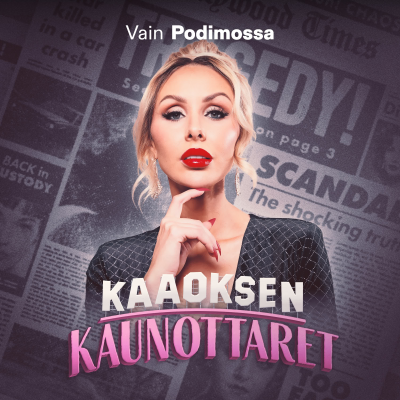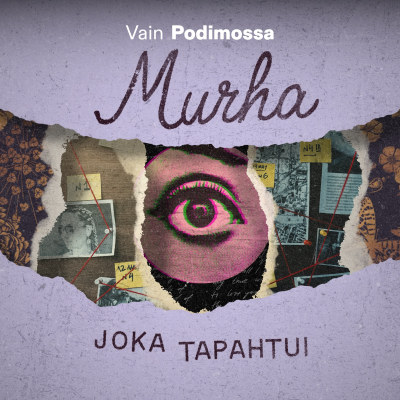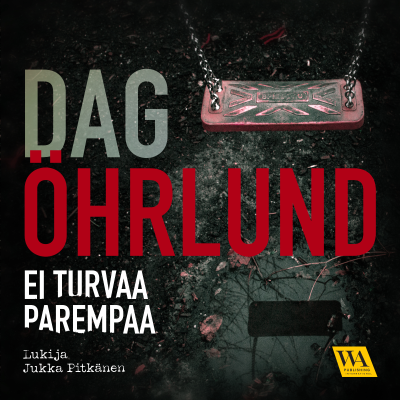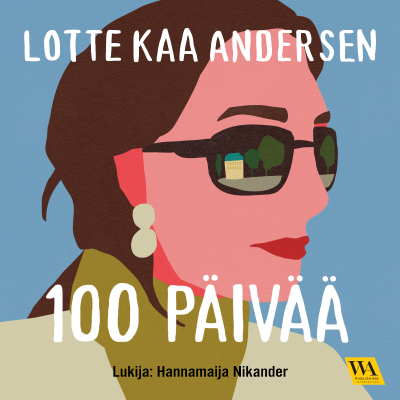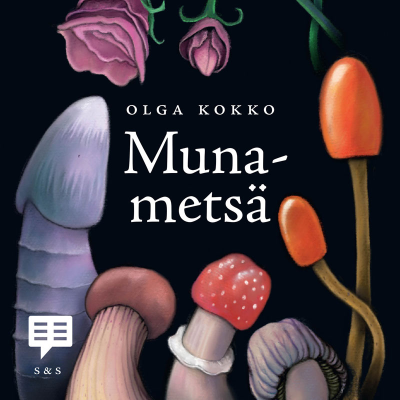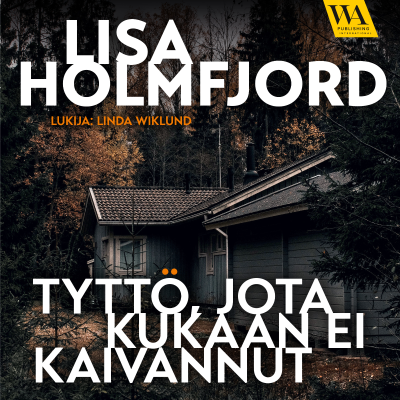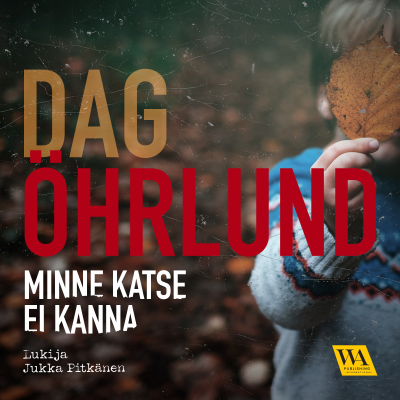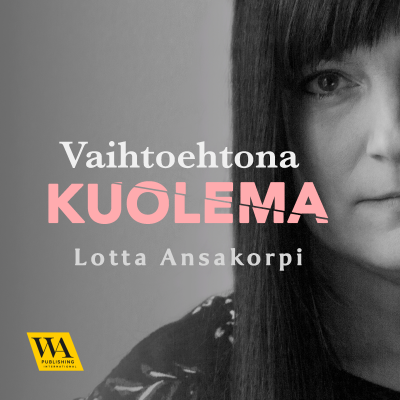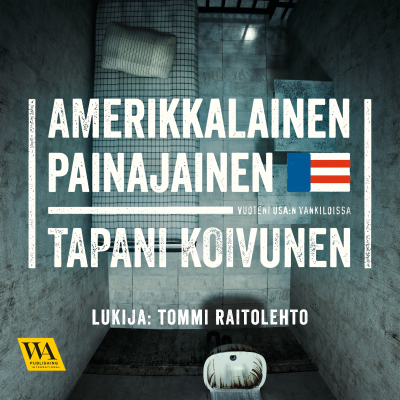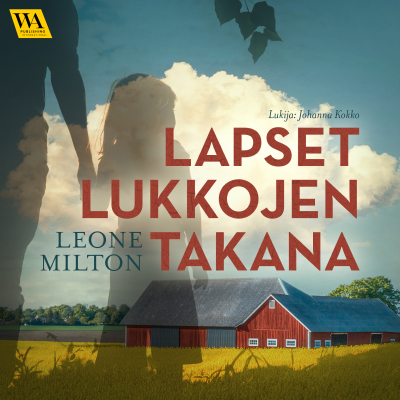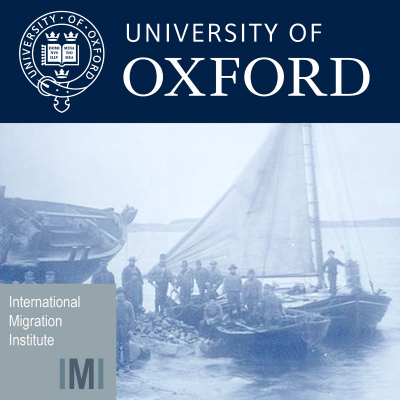
International Migration Institute
englanti
Uutiset & politiikka
Rajoitettu tarjous
1 kuukausi hintaan 1 €
Sitten 7,99 € / kuukausiPeru milloin tahansa.
- Podimon podcastit
- Lataa offline-käyttöön
Lisää International Migration Institute
Podcasts recorded by the International Migration Institute
Kaikki jaksot
111 jaksotTrade unions, agency (migrant) workers and the insiders/outsiders debate: Germany and Belgium compared
Dr. Valeria Pulignano gives a presentation for the International Migration Institute Trinity Term 2017 seminar series.
Integration of Brits in Turkey and Turks in Britain
Ibrahim Sirkeci explores integration patterns of English-speaking movers in Turkey and those of Turkish-speaking movers in Britain International migration studies have largely focused on movers from the developing countries, or the South. Nevertheless, about one third of the global human mobility happens within the North and from North to South. Hence there is a need for reconsidering our understanding of global human mobility. Despite the hierarchy in the language used in describing these two categories of movers, there are similarities in causes, mechanisms and lived experiences. In this study, integration patterns of English-speaking movers in Turkey and those of Turkish-speaking movers in Britain have been contrasted. Particular attention has been paid to the perceived discrimination and integration outcomes. Drawing on analyses of census data from both Turkey and the UK, labour force survey data and the findings of a survey conducted from 2014 to 2016, patterns of integration are discussed.
'All the money I raised, I raised from Ghana': Understanding reverse remittance practice among Ghanaian migrants in the UK and their relatives in Ghana
In the context of Ghanaians in the UK, Geraldine Adiku explores how migrant remittance practices are not only from 'developed' to 'developing' country; many are sent in the reverse direction, a fact largely ignored by scholarship on the topic Remittances have acquired considerable significance on the agendas of development establishments, especially the World Bank and the International Monetary Fund (IMF) since the turn of the century. The widespread attention that remittances sent from ‘developed’ to ‘developing’ countries have received has, however, ignored the fact that many remittances are sent in the opposite, or reverse, direction. Such reverse remittances can be conceptualised as transfers, which move from poor migrant origin areas to migrants in wealthy destination areas. This practice has been largely under-represented in what is now an extensive remittance literature. I investigate the other side of transnational economic exchanges between migrants and their relatives. Using a matched sampling methodological approach, I interviewed 70 Ghanaian migrants in the UK and 51 of their relatives in Ghana who come from diverse socio-economic backgrounds. This research finds that transnational economic transactions between migrants and their relatives are driven by their differential access to various forms of capital and their motivation for migration. These factors influence whether a migrant will send remittances or receive reverse remittances instead.
African migration to and from Europe: Rethinking circular migration
Antony Otieno Ong'ayo presents an alternative approach to the management of migration in the context of EU–Africa migration relations The effects of contemporary migration dynamics within and from Africa to Europe increasingly translate into cross border challenges facing the European Union. The socio-economic and political factors shaped by the processes of globalisation continue to generate different dimensions of migration in Africa. These dynamics have become major policy challenges in the management of migration and leveraging migration of development. Current policy initiatives are informed by top-down approaches that attach different opportunities and restrictions to them through categorisations such as irregular migrants, asylum seekers, failed asylum seekers, illegal migrants, skilled migrants, highly-skilled migrants, second generation and return migrants. However, these approaches do not take into account the agentic responsibility of African migrants and the communities that they have established in the respective destinations countries to manage themselves. Moreover, they fail to address return decisions and constraints to circularity as experienced by African migrants who may consider going back. Drawing on the experience of sub-Saharan African migrants in the Netherlands, this paper presents an alternative approach to the management of migration in the context of EU–Africa migration relations. It starts from the premise that the experiences and leadership of migrant communities in host countries are vital for a bottom-up driven approach to ‘managed migration’. Tapping into diaspora agency, structures of leadership, consultation and decision-making within the African communities provides new approaches to circular migration that translates into a triple-win situation.
Migratory flows, colonial encounters and the histories of transatlantic slavery
Olivette Otele explores how histories of transatlantic slavery impact on contemporary questions of migration Transatlantic slavery is a complex history of encounters between people of African and European descent. It is also a history of migrations, trade and subjugation. In this presentation, I look into the displacement of people from West Africa from the 17th to the 19th centuries. I ultimately aim at understanding how historians measure the impact of transatlantic slavery in Africa and its economic, social and cultural legacies. The presentation will consequently delve into Eltis’ and Lovejoy’s income per capita theories and explore Manning’s loss of workforce simulation model. It will then turn to histories of the territories from which Africans were captured by looking at the relationships amongst French and British traders, colonial administrators and local populations.
Valitse tilauksesi
Rajoitettu tarjous
Premium
Podimon podcastit
Lataa offline-käyttöön
Peru milloin tahansa
1 kuukausi hintaan 1 €
Sitten 7,99 € / kuukausi
Premium
20 tuntia äänikirjoja
Podimon podcastit
Lataa offline-käyttöön
Peru milloin tahansa
30 vrk ilmainen kokeilu
Sitten 9,99 € / month
Premium
100 tuntia äänikirjoja
Podimon podcastit
Lataa offline-käyttöön
Peru milloin tahansa
30 vrk ilmainen kokeilu
Sitten 19,99 € / month
1 kuukausi hintaan 1 €. Sitten 7,99 € / kuukausi. Peru milloin tahansa.






